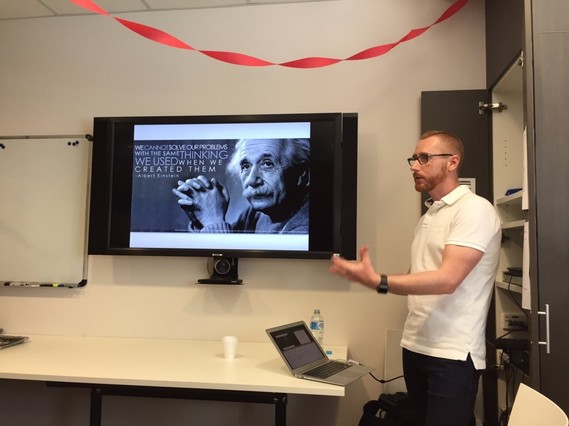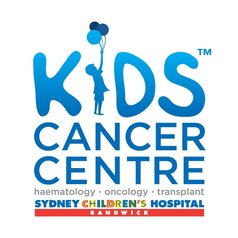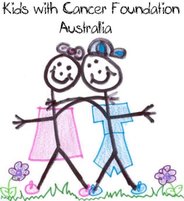Acceptance and Commitment Therapy (ACT), pronounced and commonly referred to as the word ‘act’, is a psychological intervention aimed not necessarily at reducing symptoms of distress/anxiety/depression, but at decreasing the extent that these symptoms of psychological suffering impair living a meaningful life. By increasing psychological flexibility, ACT interventions aim to promote living a valued life and thus increasing an individual’s sense of overall quality of life. The ACT intervention framework comprises six main principles:
- Contact with the present moment: being mindfully present.
- ‘Defusion’: learning to disengage rather than engage with unhelpful patterns of thinking.
- Acceptance: Instead of struggling with painful thoughts and feelings, acceptance means a willingness to let them be and understand that they are a necessary part of living a full and meaningful life.
- The ‘observing self’: the part of the mind that allows you to take a step back and be aware of your mental processes.
- Values: what you want your life to be about (what is truly meaningful to you), rather than what you want to achieve.
- Committed action means taking action guided by your values (doing what matters) even if it arouses painful feelings or thoughts.
There are a multitude of interesting and dynamic exercises that can be completed with patients to explain and explore the principles listed above. For example, Prof Hulbert-Williams encouraged us to make contact with our values by imagining our own funeral in our mind’s eye, and asking ourselves: “Who would I want to be there?” “What would I want the people close to me to say about me, and the way I have lived my life?” A somewhat confronting, but very powerful exercise.
Professor Hulbert-Williams explained that ACT may be a useful alternative approach in healthcare settings to more traditional therapies, such as Cognitive-Behavioural Therapy (CBT), for a number of reasons. Firstly, it can be used to assist all patients in facing the psychological challenges associated with cancer treatment, whether they are clinically distressed or not. Secondly, ACT eschews the idea of ‘challenging thoughts’ as a way of reducing emotional distress; this is important in cancer settings, where patients’ upsetting thoughts/worries/predictions may actually be realistic concerns (e.g. treatment side effects, risks of surgery, cancer recurrence). Finally, Professor Hulbert-Williams argued that ACT principles and tools may also be very useful for healthcare professionals, who are working in an inherently stressful setting. More research is required to examine these ideas.
The Behavioural Sciences Unit is Proudly Supported by the Kids with Cancer Foundation.



 RSS Feed
RSS Feed